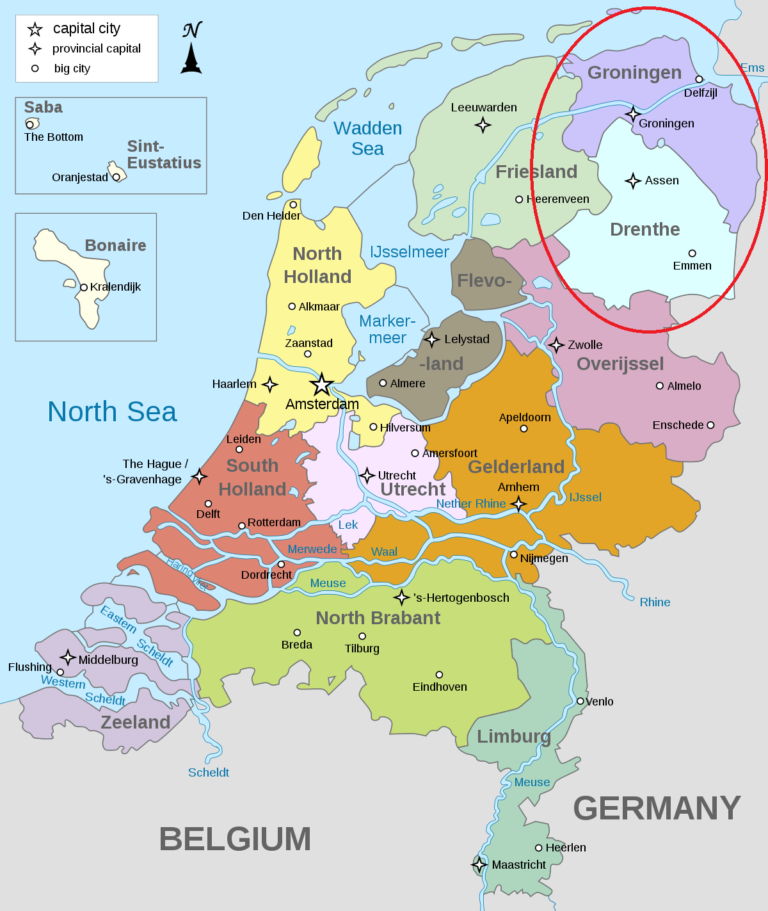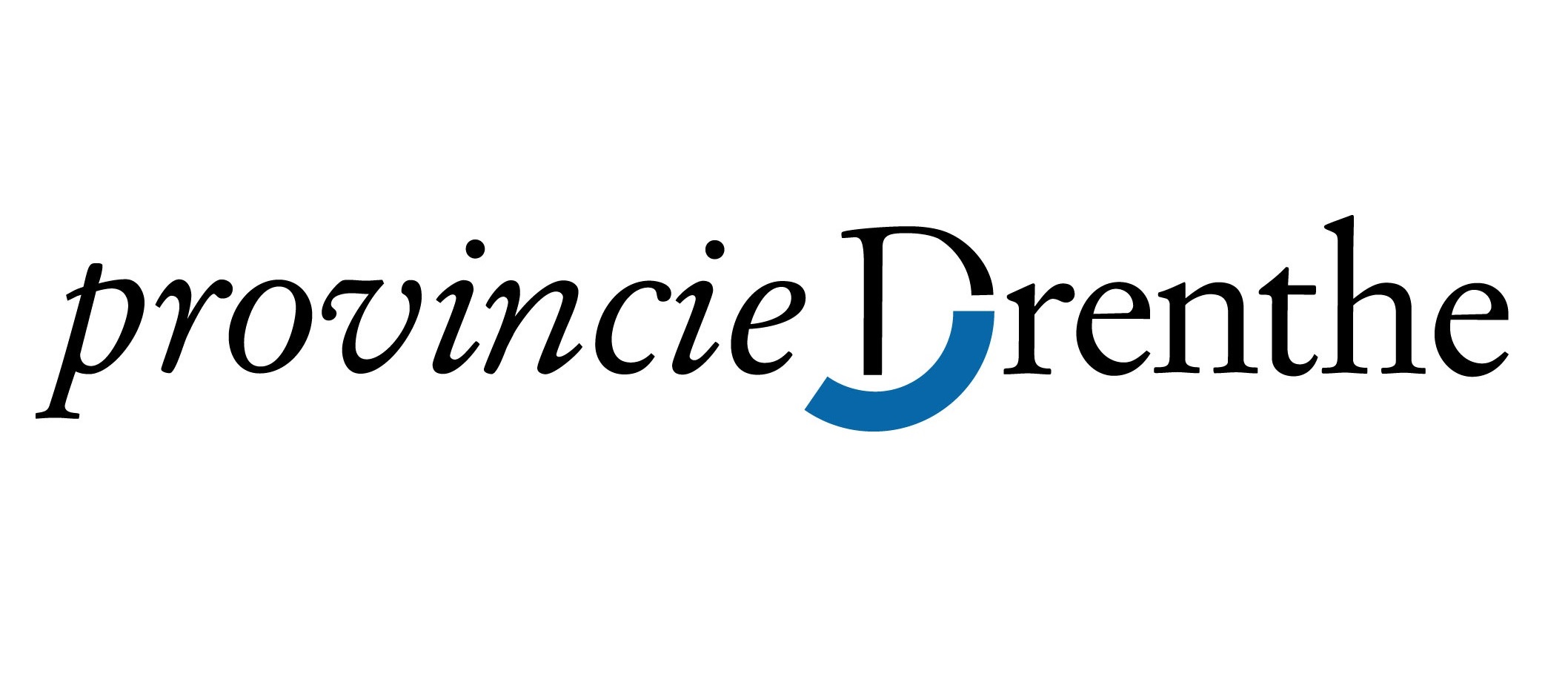ECRN, the European Chemical Regions Network, is pleased to announce the recent involvement of Drenthe and Groningen within the network!
Groningen and Drenthe, neighbour Provinces of the Netherlands and regions with leading chemical companies, will act hand in hand within the network. Joining a network of European regions active at EU and local level in the chemical sector will open new opportunities for the two Dutch provinces.
The Provinces in short
Groningen is a province situated on the North Sea in the North of the Netherlands, with around 600.000 inhabitants.
One of its main assest is the Groningen gas field, a giant natural gas field. It is the largest natural gas field in Europe and the tenth-largest in the world.
One other economically important area is the Ems delta with the sea ports of Delfzijl and Eemshaven. The chemical industry near Delfzijl is located at the Chemie Park in Farmsum, with factories of AkzoNobel, Lubrizol, and Teijin Aramid. The area has attracted international companies GDF Suez and Nuon Energy which have a natural gas-fired power plant in Eemshaven.
Drenthe borders Groningen to the North, and Lower-Saxony in Germany. Drenthe’s main economical sector remains agriculture. Nevertheless, the Provinces also has a large experience in green chemistry and is a global leader in the development of products made from natural materials. Drenthe hosts the country’s largest green chemistry cluster – Chemical Cluster Emmen. Besides, while the NHL Stenden University of Applied Sciences is specialized on fibers, composites and polymers, it also delivered innovation such as bio material bridges, and focuses on 3D printing.

A promising collaboration between the Provinces and the network
Both Drenthe and Groningen Provinces economical activities and political priorities align with the field of action of ECRN and the interests of its members regions. The Provinces will be able to work closely with many other chemical regions, to learn from best practices in policy and industry applications from the other regions and to join forces in projects and exchange experiences. The network will also provide new possibilities for the Provinces to reach out to the EU institutions and voice their position.




